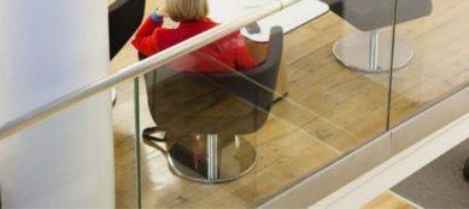May 17, 2016
Employers need to step up to retain older workers and carers, claims CIPD 0
 With people living longer and fewer young people entering the labour market, Europe’s employers are increasingly reliant on the skills and talents of older workers. However, the ageing population also means that there will be around nine million carers in the UK by 2037, many of whom will be trying to juggle care and employment, according to new research released by the CIPD. It claims that, although the UK’s policy framework for supporting older workers and creating fuller working lives is well-developed in comparison to other European countries, there is a crucial need to turn this thinking into practical action to avoid losing the skills and experience of employees who choose to work beyond retirement. With around 30 percent of the UK workforce currently over 50 compared to 20 percent in the 1990s, the CIPD is urging employers to put the tools and culture in place to support older workers as they represent and increasingly significant proportion of the labour market.
With people living longer and fewer young people entering the labour market, Europe’s employers are increasingly reliant on the skills and talents of older workers. However, the ageing population also means that there will be around nine million carers in the UK by 2037, many of whom will be trying to juggle care and employment, according to new research released by the CIPD. It claims that, although the UK’s policy framework for supporting older workers and creating fuller working lives is well-developed in comparison to other European countries, there is a crucial need to turn this thinking into practical action to avoid losing the skills and experience of employees who choose to work beyond retirement. With around 30 percent of the UK workforce currently over 50 compared to 20 percent in the 1990s, the CIPD is urging employers to put the tools and culture in place to support older workers as they represent and increasingly significant proportion of the labour market.
































April 21, 2016
How and why Millennials are shaping the future of remote working 0
by Sara Sutton Fell • Comment, Facilities management, Flexible working, Workplace, Workplace design
(more…)